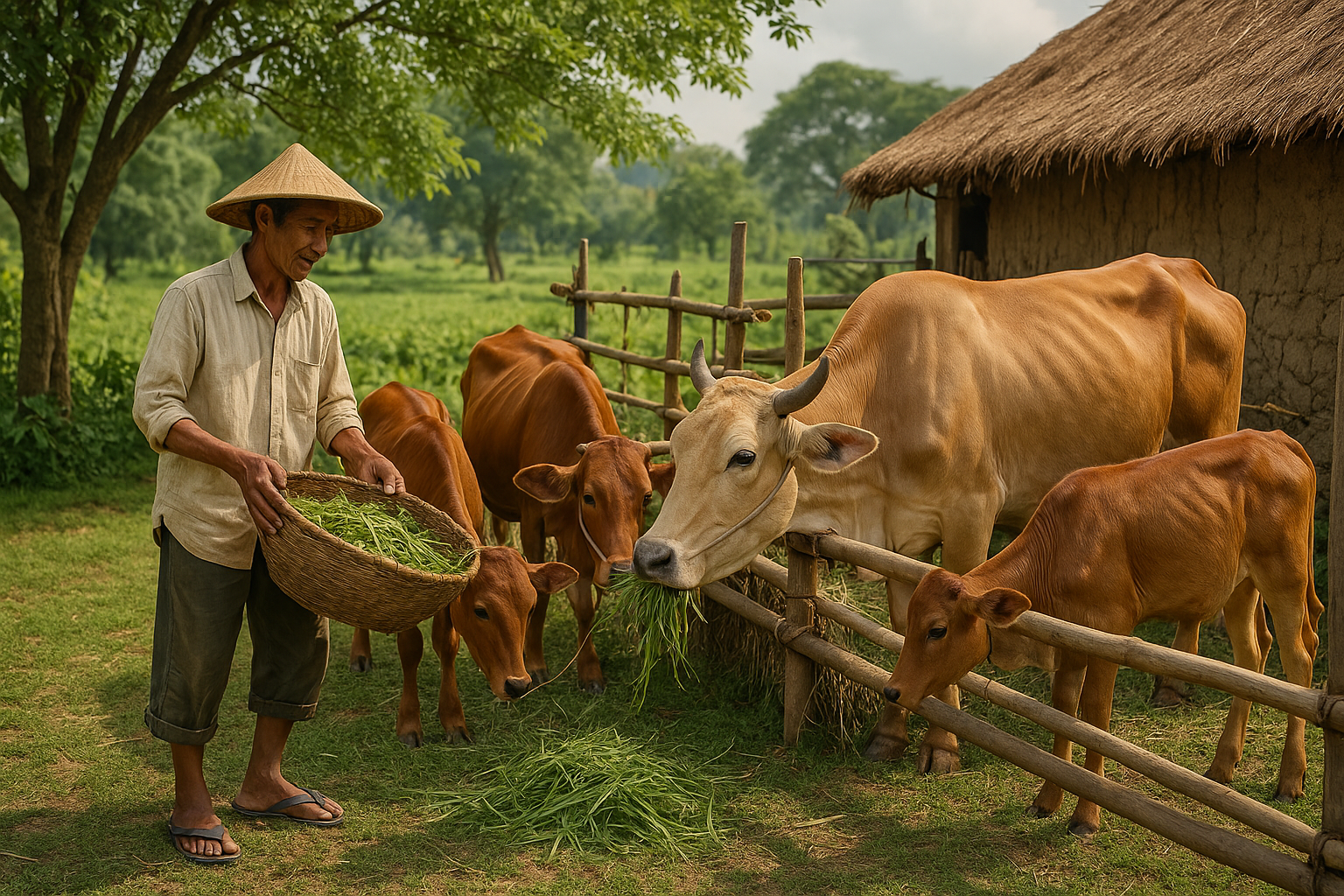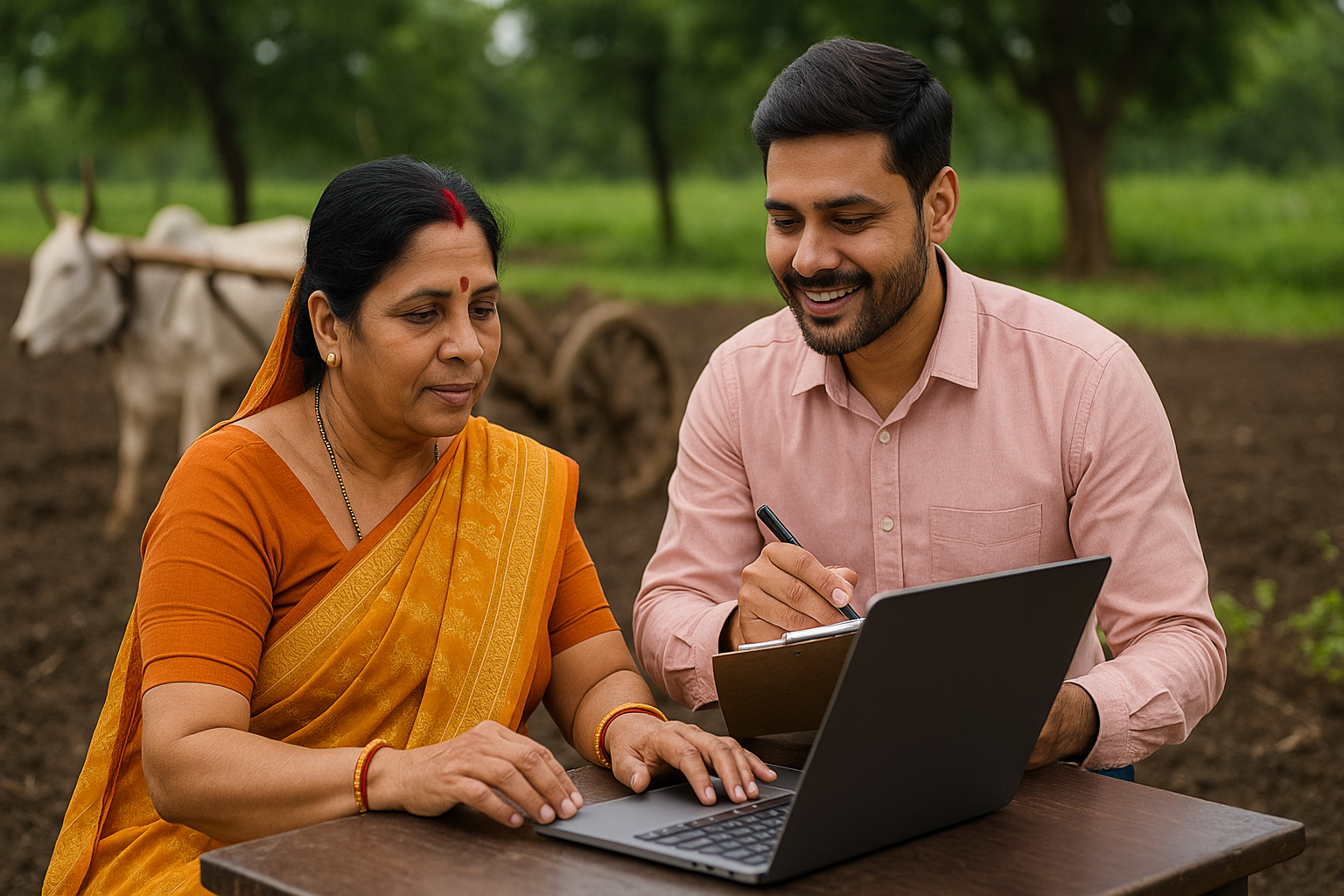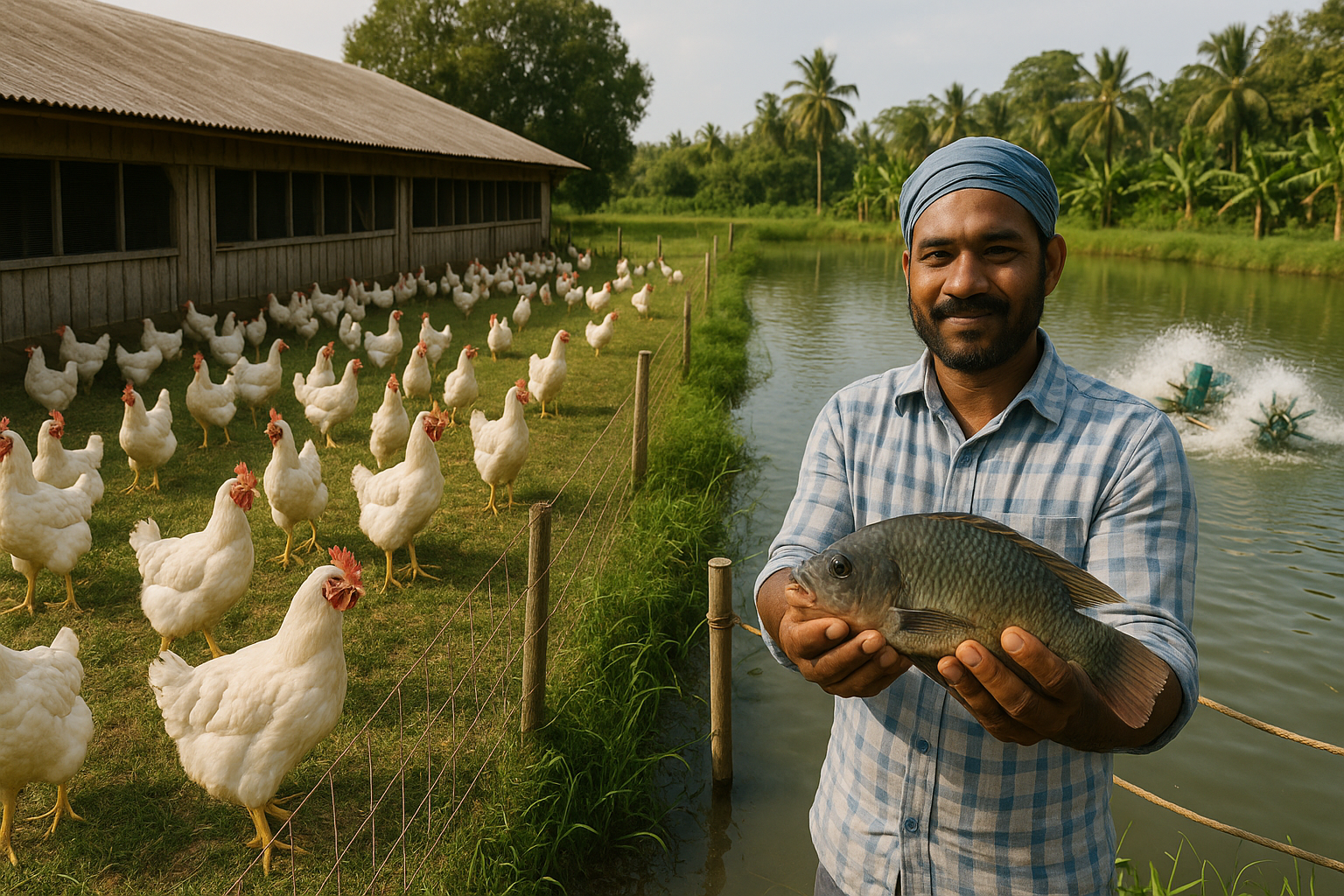One of the biggest barriers to agricultural mechanization in India has been the high cost of farm machinery. While large-scale farmers can afford to purchase tractors, harvesters, and advanced tools, small and marginal farmers — who make up over 80% of India’s agricultural community — often struggle to access these vital resources. However, a growing solution is changing this narrative: farm machinery rentals.
The concept of renting agricultural equipment, also known as Custom Hiring Centres (CHCs) or Agri Machinery Rental Services, is gaining momentum across India. These centers allow farmers to access modern tools on a pay-per-use basis, eliminating the need for large upfront investments. Whether it’s a tractor for plowing, a rotavator for land preparation, or a harvester for efficient crop collection, farmers can now use machines when they need them most.
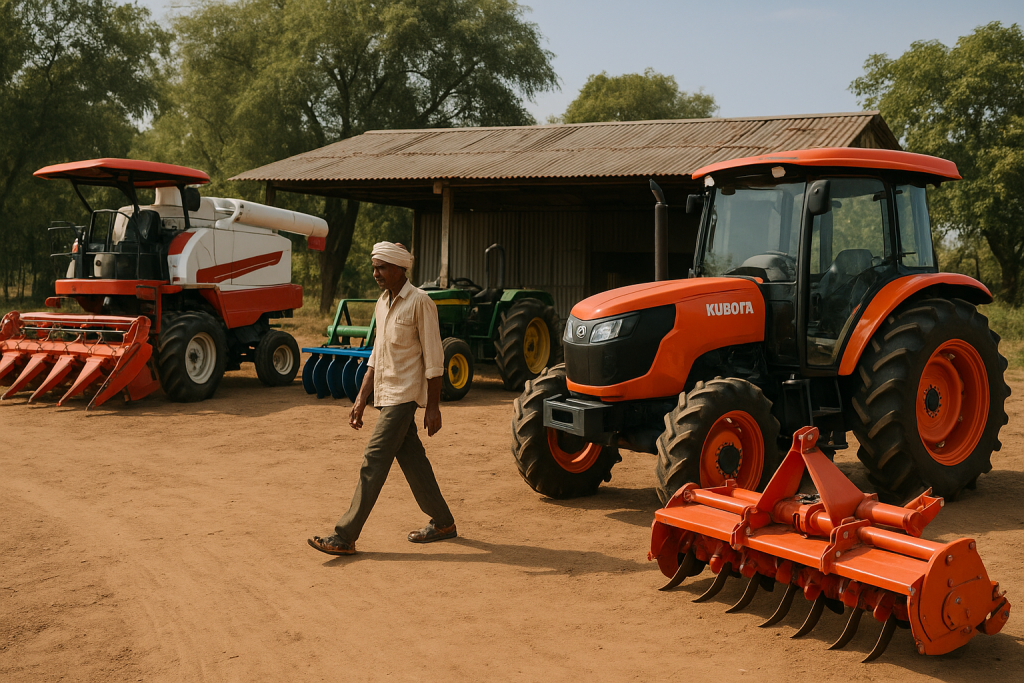
This model has multiple benefits. First and foremost, it lowers the cost of cultivation. A farmer who might not afford to buy a ₹7–10 lakh harvester can rent one for just a few thousand rupees per use. Secondly, it promotes timely operations, which are crucial during short sowing or harvesting windows. Delays due to lack of equipment often result in lower yields or crop losses—issues that rental services can help avoid.
Recognizing its potential, the Government of India is actively promoting farm machinery rentals through schemes like the Sub-Mission on Agricultural Mechanization (SMAM). Under this initiative, government-backed CHCs are being established across districts, offering everything from basic tools to advanced machinery. In addition, many private players and agri-tech startups have entered the space, offering mobile apps where farmers can book equipment just like ordering a cab.
Some of the prominent agri-tech platforms in India now offer end-to-end services—right from equipment selection and booking to doorstep delivery and technical support. These services are especially beneficial in remote or underserved regions where physical CHCs may not yet be operational.
While the rental model is promising, awareness and accessibility remain key challenges. Many farmers are still unaware of how or where to access such services. This is where local Krishi Vigyan Kendras (KVKs), farmer producer organizations (FPOs), and NGOs are playing a vital role in bridging the knowledge gap.
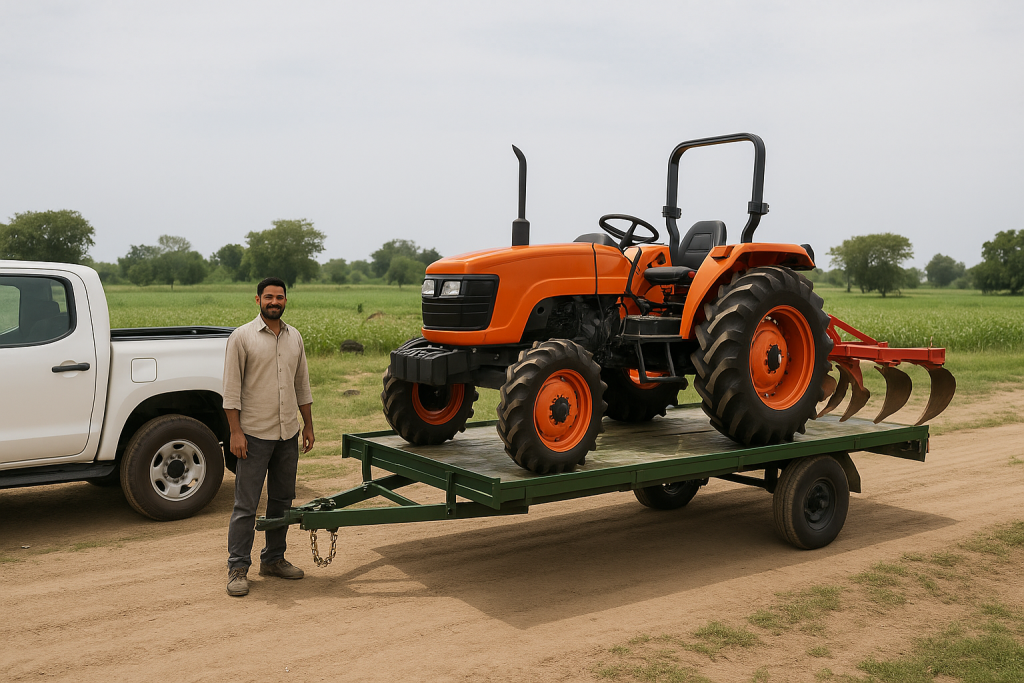
Moreover, there is a growing movement toward shared economy models in agriculture, similar to ride-sharing in urban transport. Farmer groups or cooperatives are purchasing equipment collectively and renting them within the community. This promotes collective ownership, reduces individual financial risk, and ensures machines are used efficiently.
The impact of this approach is significant. With access to rented farm machinery, farmers can increase productivity, reduce labor dependency, and cut down cultivation time. It also opens doors for climate-smart agriculture, allowing smallholders to adopt precision tools without high investment risks.
In conclusion, farm machinery rentals are democratizing access to technology in Indian agriculture. By making modern tools affordable and accessible, this model is empowering small farmers to mechanize their fields, increase income, and compete in today’s evolving agri-economy.




